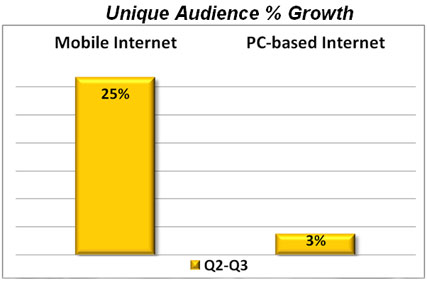When I first came across Obama's use of social media and blogged about his barackobama.com site here in April 07, I noted its potential and asked a couple of questions:
'Registering to vote is made easy.....Will the Internet lead to more people taking part in the political/democratic process by making participation easier and more accessible?'
Answer: Yup - this election achieved an unprecedented record level of people voting, with huge amounts of people voting in advance and many queueing for 3-4 hours to place their vote.
'...it's a great example of 'Recruiting for Power' in practice and also demonstrates that recruiting people via the Internet for votes or anything else for that matter (note the fundraising options) is extremely effective.'
Yup - the site recruited 1.5 million volunteers and generated $600 million from 3 million people, which were fundamental to the success and election of Obama.
Now, everyone knows that in this 'Youtube' election, Obama's online strategy has been superb and has given him the funds to win the election.
However I read an article a couple of weekends ago which reveals the challenge if not the dichotomy of the Internet platform, especially from a media and publishers perspective.
Of the $700 million that was reportedly spent on advertising in this campaign, it has been estimated that less than 1%of total expenditure has been allocated to online advertising. So whilst the Internet has powered the whole communication strategy,it has recieved a miniscule proportion of the paid-for advertising - such is the free, democratic, user-generated nature of the medium.
Herein lies the challenge that many media, especially 'traditional' media face when devising their digital strategies. How can we translate the incredible value that this digital communications medium offers into tangible financial value, on a par with media that has gone before?

Recent Comments